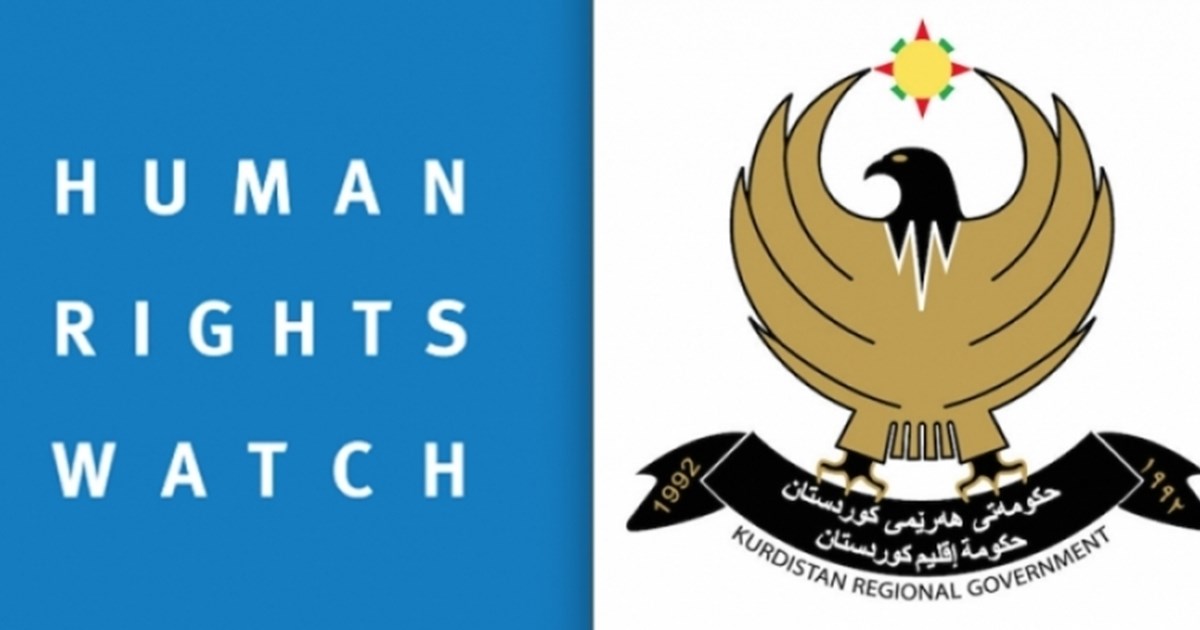In Response to HRW's Annual Report: KRG has Safeguarded Media Freedoms and it Works to Expand them

On January 12, 2023, Human Rights Watch (HRW) released an annual report, raising some concerns with regards to a number of events in the past year.
As far as the Kurdistan Region is concerned, governance is characterized by offsetting the executive authority through a rigorous check-and-balance system and by dispersing power to a thriving civil society. KRG is a regional exemplar for essential democratic elements, including the right of freedom of expression and media. Despite the volatile security conditions in the region, KRG remains a peaceful and prosperous government that coexists with a thriving civil society, bedrock human rights principles, and essential democratic values.
With regards to the cases alluded to in the HRW report, the judicially issued warrants were based on the applicable laws in the Kurdistan Region and Iraq. It is worthy to note that the pressed charges have had nothing to do with journalism and activism. Throughout the investigations, criminal offences and misdemeanor acts surfaced in relation to some of the individuals. The case files were invariably passed through a credible and transparent legal process.
A number of the individuals whose description falls under the scope of the HRW report were arrested and tried on the basis of violating Article 1 from Law 21 (2003) as applicable in the Kurdistan Region. These legal stipulations are applicable laws within the judicial frameworks of Iraq and the Kurdistan Region, and they are applied through a transparent and impartial judicial process. In face of the surfaced evidence, the individuals confessed the criminal offences in the investigation and trial phases. On February 21, 2022, their sentence was reduced by %60 following a presidential decree from the Presidency of the Kurdistan Region.
With regard to certain issues that are not compatible with social traditions, the KRG is committed to maintaining a balance between national laws and international standards. Individual and collective freedoms are respected in the Kurdistan Region. However, certain issues, which are socially sensitive and are highlighted in the HRW report, are contrary to applicable national laws and the KRG is committed to protecting and enforcing the law.
HRW also highlighted the bombardments on civilians and civilian infrastructure. The stance of the KRG with regard to the continuation of these bombardments has been clear. These attacks endanger the lives of Kurdistan citizens, destroy their properties, annihilate the villagers’ agrarian lands, impairs civilian infrastructure and damages the forests. As the KRG Office of the Coordinator of International Advocacy (OCIA), we have provided the necessary data and information to the relevant international counterparts, in order to underscore the humanitarian consequences of the bombings and prevent their repetition.
From December to July 2022, 17 air strikes and shelling were carried out by neighboring countries, killing 59 people, including four children and a woman, and wounding 42 others, including 14 children and 18 women. The attack on the Parkhe village in Zakho in July 2022, killed 9 civilians (5 men, 1 woman and 3 girls), and injured 30 people. Only in the past two years of Zaxo administration, twenty-eight villages have been completely evacuated and more than 80,000 residents have been displaced due to the conflict between the Turkish armed forces and the PKK. With regards to bombarding Koya, Zrrgwez, and Prde in September 2022, 17 people were killed and 46 others wounded, including 20 civilians. One of the dead was the fetus of a pregnant mother who died after surgery.
It is critical that all parties' knowledge of the situation in Kurdistan is based on contact with on-the-ground journalist rights groups, as well as careful analysis and review of the data they receive. In the Kurdistan Region, the government has safeguarded media freedoms and it will continue to expand them.
OCIA has prepared several measures to accelerate the implementation of the Kurdistan Regional Plan (2021-2025), which is a comprehensive roadmap to consolidate legal and administrative amendments in 27 different fields of human rights. Among the measures, emphasis is placed on promoting the right to freedom of expression through increasing judicial training courses, drawing on the experience of other countries, amending the Journalism Law and Access to Information Law, and excluding defamation from the criminal framework as far as journalism is concerned, among other measures. Other procedures will then be prepared and generalized to the official institutions. KRG has so far implemented 179 of the recommendations that were issued within the framework of the Universal Periodic Review (UPR. It is also in the process of executing the other recommendations in consultation with civil society and UN agencies.
